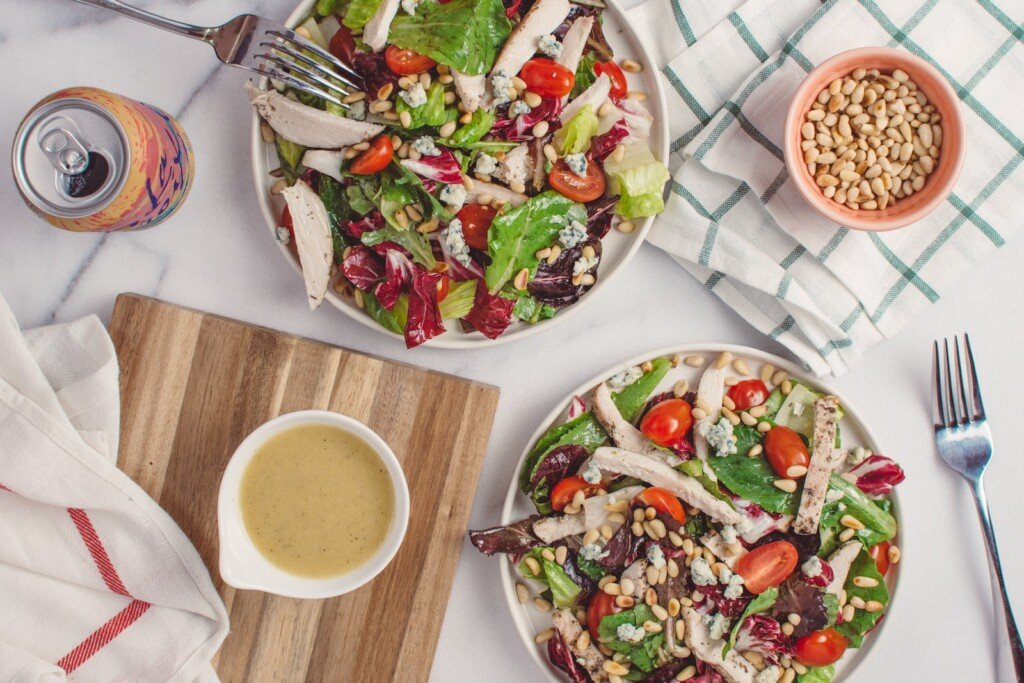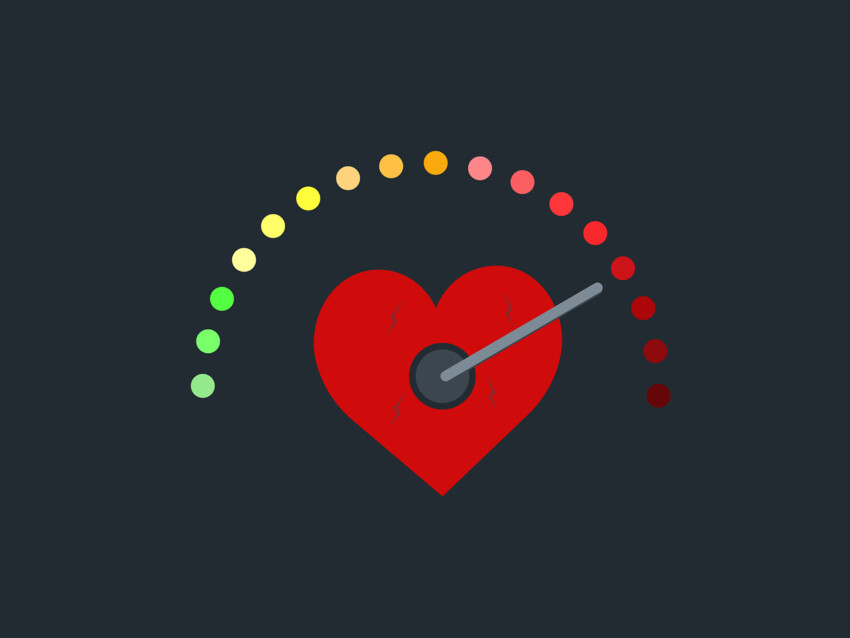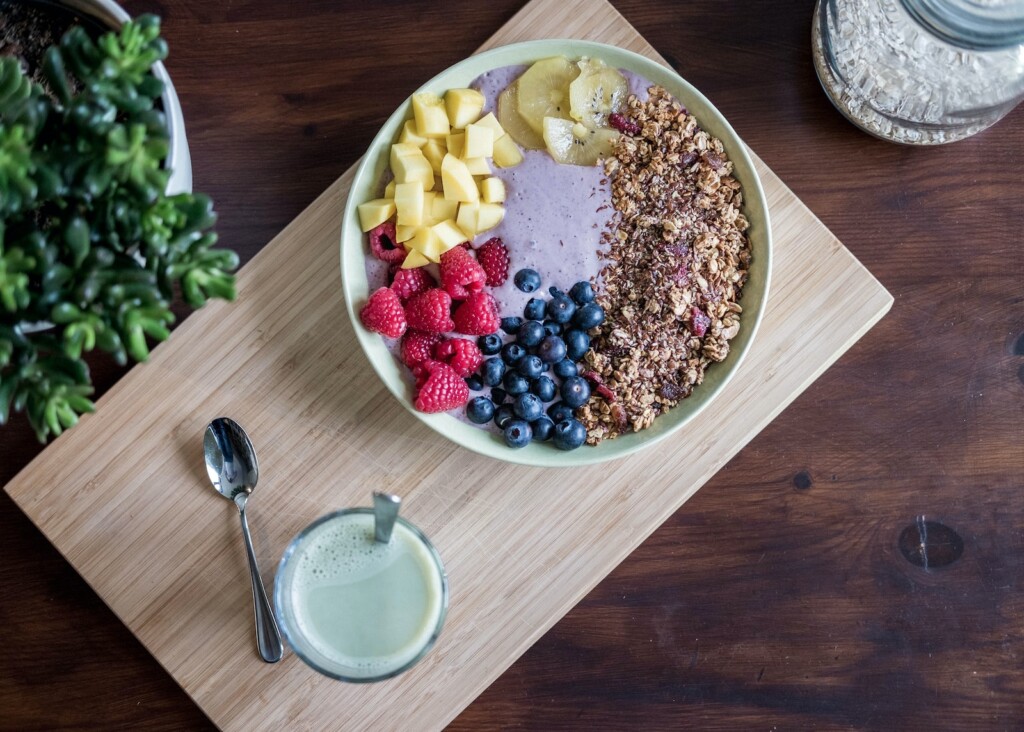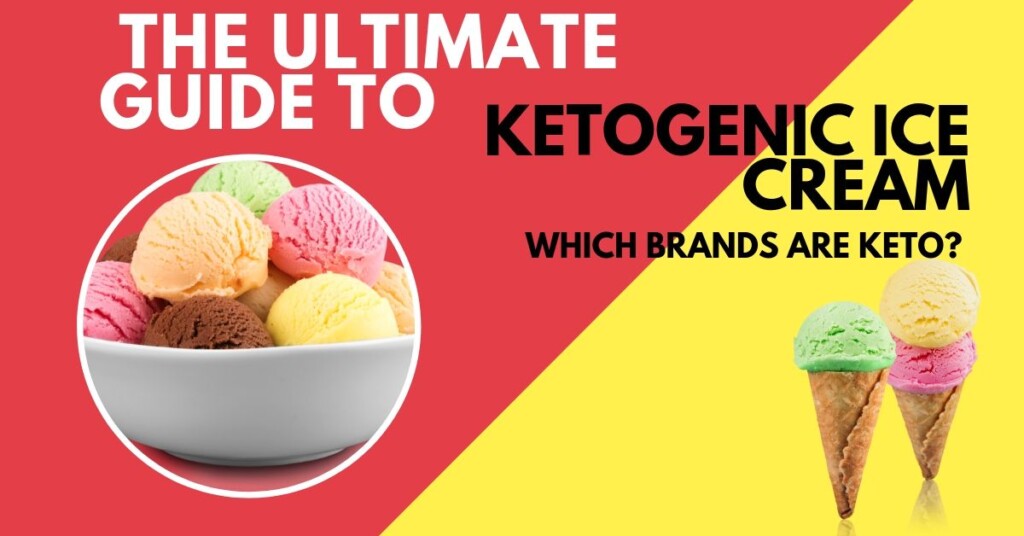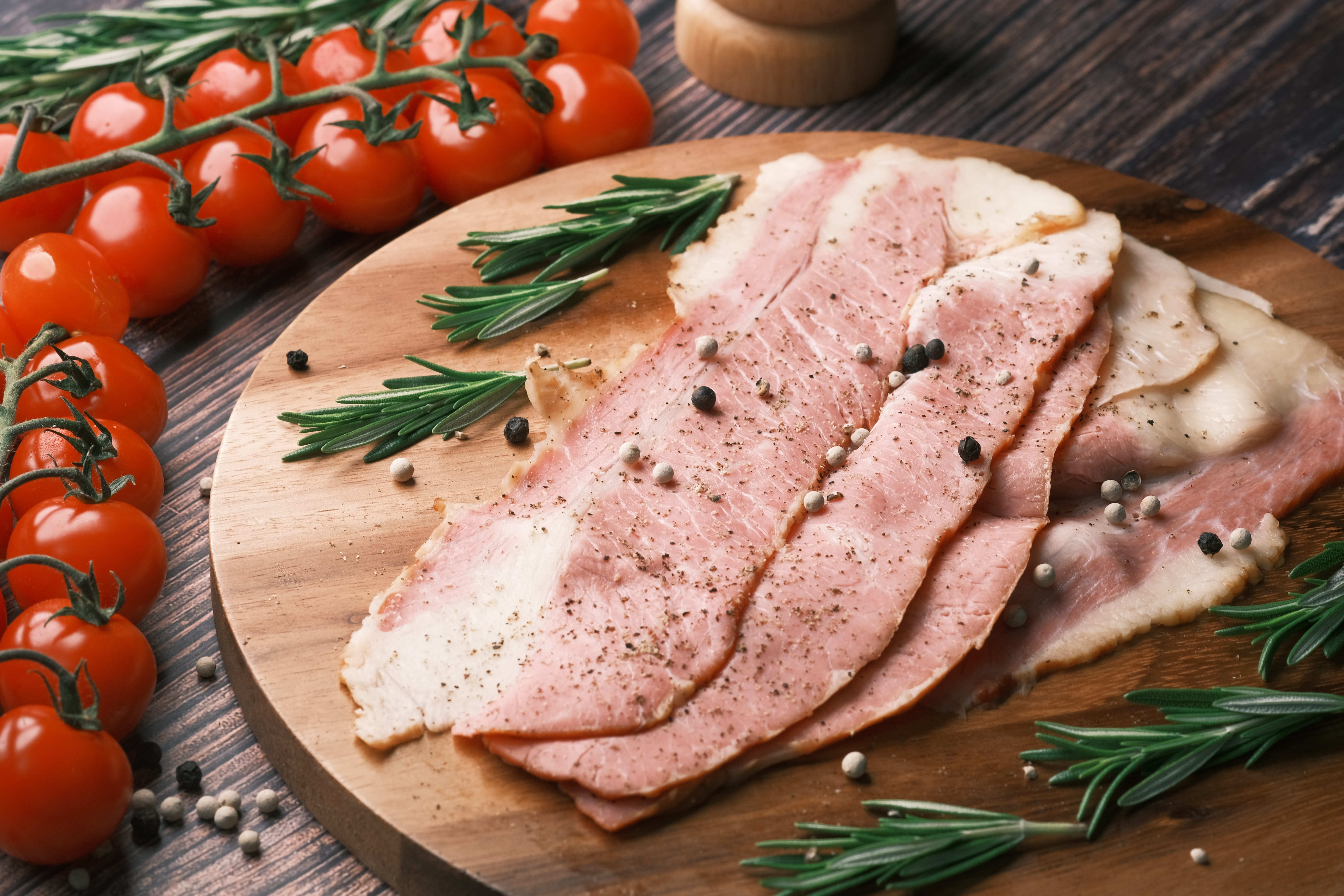
Keto Diet Shocker: High Cholesterol Risk?
With the rise of the keto diet, there has been an influx of people seeking this low-carb, high-fat diet to lose weight or improve their overall health. But, there are some risks associated with this way of eating. One of these risks is the potential for high cholesterol. This is a severe issue that should not be taken lightly, so in this blog post titled “Keto Diet Shocker: High Cholesterol Risk?” we will discuss the potential risks associated with the keto diet and how it may increase your risk of developing high cholesterol. We will look at the science behind the keto diet, the potential for cholesterol to be affected by the diet, and steps to take if you are already on the keto diet to reduce your risk of developing high cholesterol. By the end of this blog post, you should better understand this potential risk and how it could affect your health.
Keto Diet Shocker: High Cholesterol Risk?
1. What is the Keto Diet?
The Keto Diet, also known as the Ketogenic Diet, is a low-carb, high-fat diet that has been gaining popularity in recent years. The goal of the diet is to put your body into a state of ketosis, a metabolic state where your body burns fat rather than carbohydrates for energy. To achieve this, you reduce your carb intake to around 5-10% of your total calorie intake and increase your fat intake to about 75%. This is done to force your body to use its stored fat for energy instead of carbohydrates. Many people on the Keto Diet also report increased energy levels and weight loss.
Keto Diet Shocker: High Cholesterol Risk?
2. How does a Keto Diet Raise Cholesterol Levels?
On a keto diet, the body enters a state of ketosis, producing molecules called ketones, which are used for energy instead of glucose. This shift in energy production has a few potential side effects, including an increase in cholesterol. This is due to the increased fat and protein consumption on a keto diet. The body has to produce more lipids to break down these macronutrients, which can then be used as energy or stored as cholesterol in the liver. Additionally, the keto diet may reduce the body’s ability to clear cholesterol, leading to a further increase. This can put the body at risk of developing various cardiovascular diseases.
Keto Diet Shocker: High Cholesterol Risk?
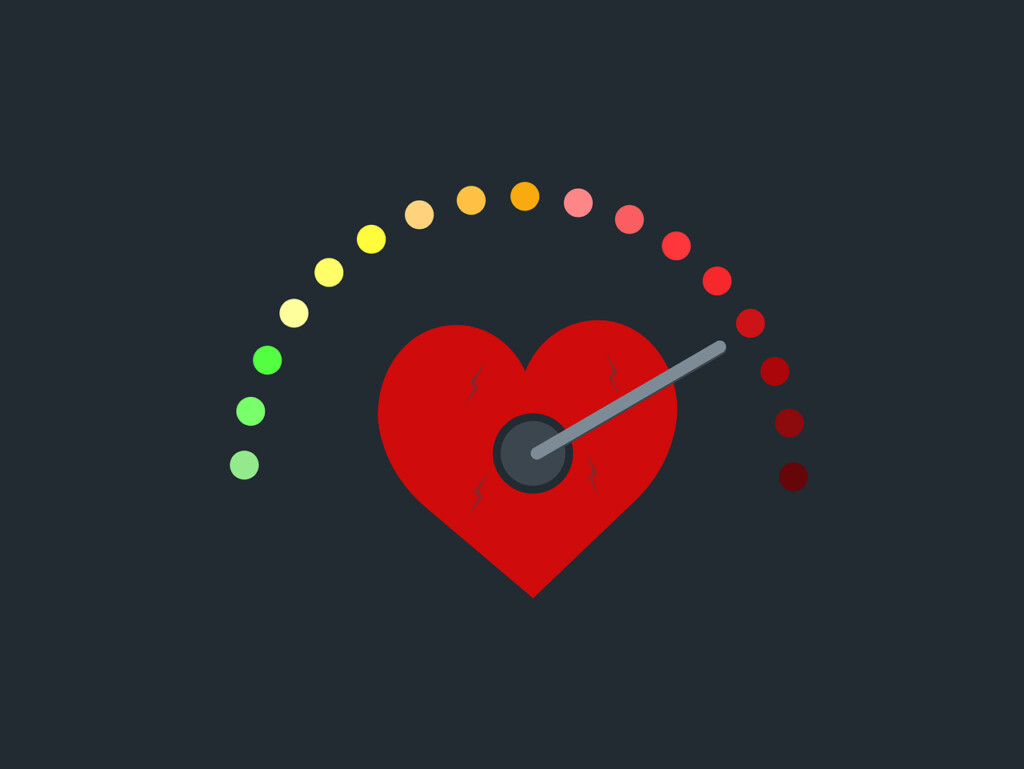
3. Possible Side Effects of a Keto Diet
When it comes to the keto diet, people often focus on the potential benefits, such as weight loss and improved energy levels. But it’s essential to consider the possible side effects, too. One of the most concerning of these is the potential for increased cholesterol levels. While the keto diet can help some people lower their cholesterol, it has the potential to raise it in others. Other possible side effects of a keto diet include an increased risk of kidney stones, dehydration, and constipation. Pregnant with certain medical conditions should talk to their doctor before starting the keto diet.
Keto Diet Shocker: High Cholesterol Risk?
4. What to Watch Out For With a Keto Diet
When it comes to the keto diet, there are some things you should watch out for. First, it’s important to note that a very low-carb diet can lead to higher cholesterol levels. This is because the body needs cholesterol to produce ketones, the primary energy source on a keto diet. So, while a keto diet can benefit weight loss, it can also hurt cholesterol levels. Additionally, it’s essential to be aware that the keto diet can be challenging to maintain long-term and may not be suitable for everyone. Finally, it’s important to note that a keto diet may not be beneficial for individuals with certain medical conditions, so it’s essential to speak with your healthcare provider before making any drastic changes to your diet.
Keto Diet Shocker: High Cholesterol Risk?
5. Types of Cholesterol
Cholesterol is a type of fat found in the bloodstream, and there are two types: high-density lipoprotein (HDL) and low-density lipoprotein (LDL). HDL is considered good cholesterol as it helps remove cholesterol from the blood vessels and carry it to the liver, where it can be processed and removed from the body. On the other hand, LDL is considered bad cholesterol as it builds up in the bloodstream, leading to a build-up of atherosclerotic plaques that can lead to a heart attack or stroke. Other types of cholesterol include very low-density lipoprotein (VLDL), intermediate-density lipoprotein (IDL), and lipoprotein(a). All these forms of cholesterol contribute to a person’s overall risk of cardiovascular disease.
Keto Diet Shocker: High Cholesterol Risk?
6. Foods to Avoid on a Keto Diet
Many people are surprised to learn that high cholesterol can be a risk associated with a keto diet. While it is generally accepted that the keto diet can help with weight loss and management, it is essential to understand which foods to avoid to minimize the risk of high cholesterol. Here is a list of six foods to avoid on a keto diet: processed meats, high-fat dairy products, fried foods, refined grains, sugar-sweetened beverages, and trans fats. By avoiding these foods, you can reduce your risk of high cholesterol while still enjoying the health benefits of the keto diet.
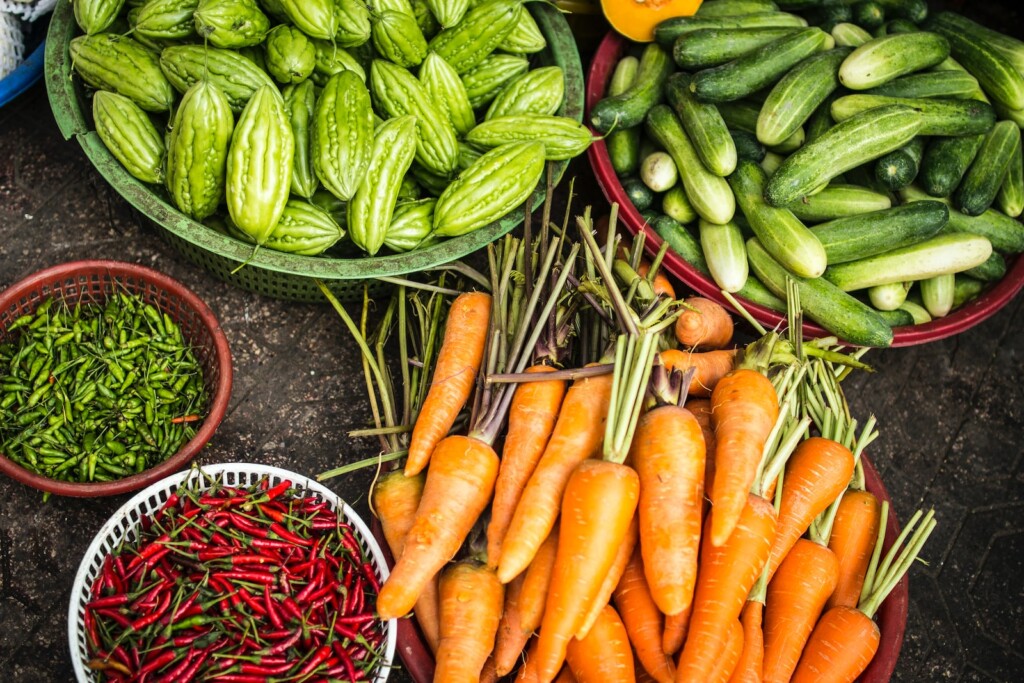
7. Foods to Include on a Keto Diet that Affect Cholesterol
To succeed on a keto diet, it is important to include certain foods high in healthy fats, proteins, vitamins, and minerals. It would be best to focus on getting most of your calories from healthy fats and proteins on a keto diet. You should also limit your intake of processed carbs and sugary foods. Here are seven healthy foods to include in your keto diet:
1. Avocado: This nutrient-dense food is high in healthy fats and fiber and provides a good source of vitamins A, C, E, K, and B6, as well as potassium and magnesium.
2. Eggs: This staple food is an excellent source of protein, healthy fats, and essential vitamins and minerals.
3. Nuts and Seeds: Nuts and seeds provide a great source of healthy fats, protein, and fiber. They are especially rich in omega-3 fatty acids and other essential vitamins and minerals.
4. Low-Carb Vegetables: Low-carb vegetables like leafy greens, cauliflower, celery, and other cruciferous vegetables are packed with fiber, vitamins, and minerals.
5. Full-Fat Dairy: Dairy products like yogurt and cheese
8. When to See a Doctor About Cholesterol Issues on a Keto Diet
While it’s true that a ketogenic diet can help you lose weight, it can also cause an increase in your cholesterol levels. If you’ve been on a keto diet and your cholesterol levels have been abnormally high, you must see a doctor immediately. Your doctor can order blood tests to see what’s causing your high cholesterol and recommend treatments. They may also recommend altering your diet to lower your cholesterol levels. Depending on the cause, they may prescribe medications such as statins to lower your cholesterol. Lowering your cholesterol levels quickly is essential to reduce your risk of developing severe health issues.
In conclusion, the keto diet is popular based on low-carb and high-fat eating. While it has many health benefits, recent studies have suggested that it may be associated with higher cholesterol levels. Knowing the potential risks, you can decide whether the keto diet is proper. It is essential to consult your healthcare provider if you are considering changing your diet.


